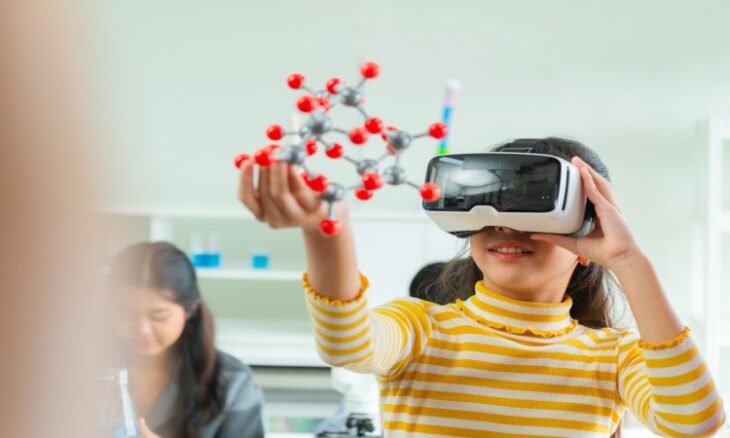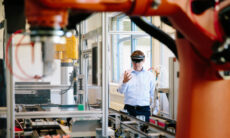Murray State University launches VR lab for students
Murray State University has introduced a new Virtual Reality Lab within its Department of Criminal Justice and Social Work, offering students an innovative way to develop practical skills for their future careers. The facility officially opened during the university’s Family Weekend, providing visitors with a chance to observe how advanced technology is being integrated into higher education. The initiative reflects the growing demand for immersive learning opportunities as careers in law enforcement and social work increasingly rely on technical expertise and real-world preparedness.
The Virtual Reality Lab uses the WRAP VR system, a platform designed to place students into lifelike environments that replicate situations professionals regularly face in the field. These scenarios include traffic stops, domestic disputes, and interactions with individuals experiencing mental health crises or substance abuse problems. By immersing students in such challenges, the system seeks to build confidence, sharpen decision-making, and reinforce communication skills, with a strong emphasis on de-escalation strategies before resorting to force.
Following each simulation, students engage in group discussions where they evaluate what worked, what obstacles emerged, and how theoretical frameworks apply to their performance. This reflective component bridges classroom study with applied practice, reinforcing lessons in a way that static learning cannot. By stepping into simulations that mirror the pressures of real-world encounters, students gain insights into the emotional and psychological demands of these careers while determining whether the path is right for them.
The university highlights the increasing overlap between social workers and law enforcement officers as the prevalence of mental health and addiction concerns continues to grow. Murray State’s decision to combine training for both disciplines reflects the collaborative partnerships that are now common in professional practice. Faculty and administrators believe the integration of this system provides students with an early opportunity to learn how to work across sectors, strengthening their readiness for the workplace.
The Murray State University Police Department will also utilise the VR system to run simulations during events and training sessions. Officers will gain additional practice through varied scenarios that aim to refine response times, improve decision-making, and enhance overall readiness. Faculty members have stated that this collaboration provides students with valuable exposure to the daily challenges of law enforcement, deepening their understanding of the demands placed on professionals in the field.
The system also addresses the limitations of traditional classroom teaching, which often struggles to replicate the unpredictability and urgency of real-life incidents. By allowing students to immerse themselves in realistic, controlled environments, the university aims to provide an experience that strengthens practical judgement alongside academic study. Professors involved in the project have stressed that the VR lab provides an educational experience as close to genuine fieldwork as possible without leaving campus.
Murray State faculty intend to integrate the WRAP VR system across courses, student organisations, and independent lab sessions. The technology allows new scenarios to be added annually, ensuring the curriculum evolves to reflect emerging issues in both criminal justice and social work. This flexibility keeps training current while exposing students to a diverse range of professional challenges over the course of their studies.
The lab was officially unveiled during Family Weekend on 5 September, when guests were invited to explore the facility, watch demonstrations, and learn about how the technology is shaping the future of student preparation. The event marked the launch of what the university considers a transformative step forward in bridging the gap between academic learning and professional reality, equipping students with both the skills and the adaptability to face an ever-changing workplace.










